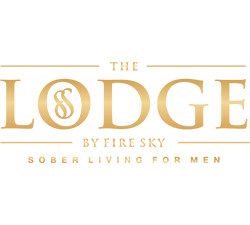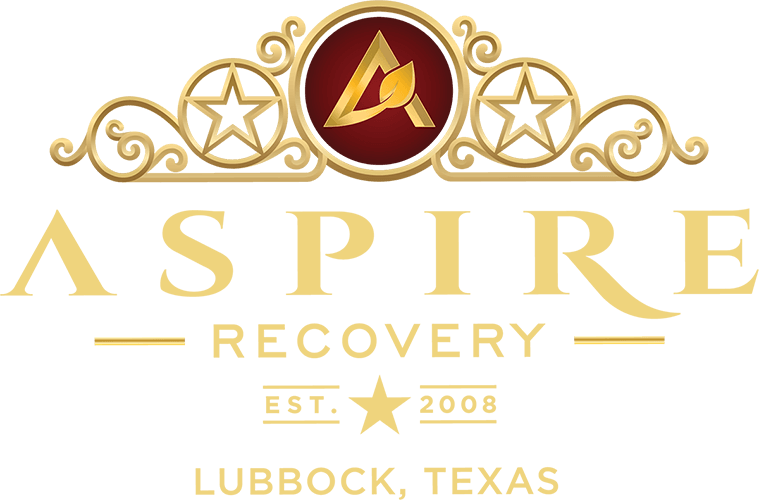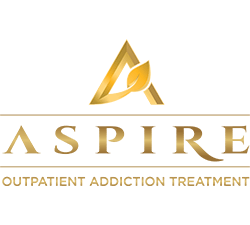Dialectical Behavior Therapy
Dialectical Behavior Therapy: Development of Interpersonal Skills
While living in addiction many of our clients developed unhealthy reactions and coping mechanisms to life. These coping mechanisms range from drug use, to stifling healthy emotional responses. In hopes of helping our clients learn ways to change unhealthy behavior we practice Dialectical Behavior Therapy.
Dialectical behavior therapy allows the individual to grow on a personal level by learning important life skills and implementing them into daily practice. The individual develops skills in the following four areas: mindfulness, emotional regulation, distress tolerance, and interpersonal effectiveness.
Addiction Therapy: Mindfulness
Mindfulness focuses on appreciation of the present moment. Far too often individuals with substance use disorder focus on the past which generates shame and guilt, or the future which creates anxiety and fear. The hope of mindfulness education is to help clients focus on what is happening in the present moment. This allows clients to make healthy, proactive decisions.
Addiction Therapy: Emotional Regulation
Emotional regulation is a skill that helps clients not make impulsive or reaction based unhealthy decisions. Drug and alcohol use can have adverse effects on the way emotions are processed. Many times emotions experienced by those in addiction or early sobriety are very extreme. Emotional regulation helps clients process their feelings without running from what they are experiencing by making unhealthy decisions.
Addiction Therapy: Distress Tolerance
Distress is a state that is unavoidable as a human. For many in early recovery, distress is a new feeling that is not processed through healthy behaviors. Clients tend to respond to distress with the desire to self medicate with drugs or alcohol or process addiction behaviors. Learning how to tolerate and work through distress is a coping mechanism which will help clients maintain sobriety when they leave our care.
Addiction Therapy: Interpersonal Effectiveness
Interpersonal effectiveness is an umbrella term for positive thoughts and behaviors which help clients achieve their personal goals. Self sabotage is often a behavior seen in our clients. Being able to recognize defeatist behaviors and replacing them with positive thoughts and actions is crucial to long term recovery.
Research shows that DBT is effective in treating substance abuse, borderline personality disorder, PTSD, depression, and eating disorders. Using this framework, clients can learn how to replace harmful behaviors with healthier and more productive behaviors.



